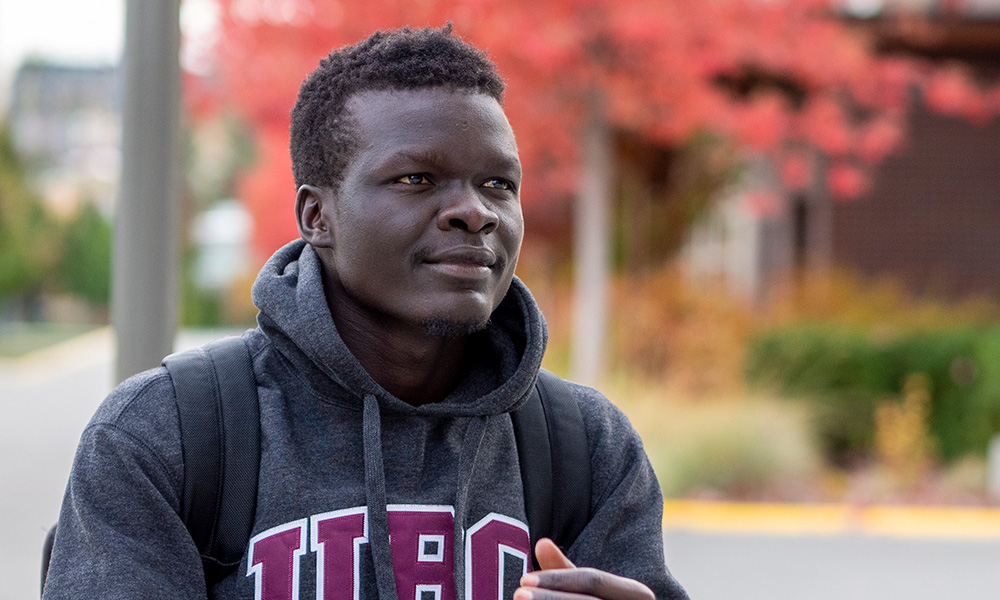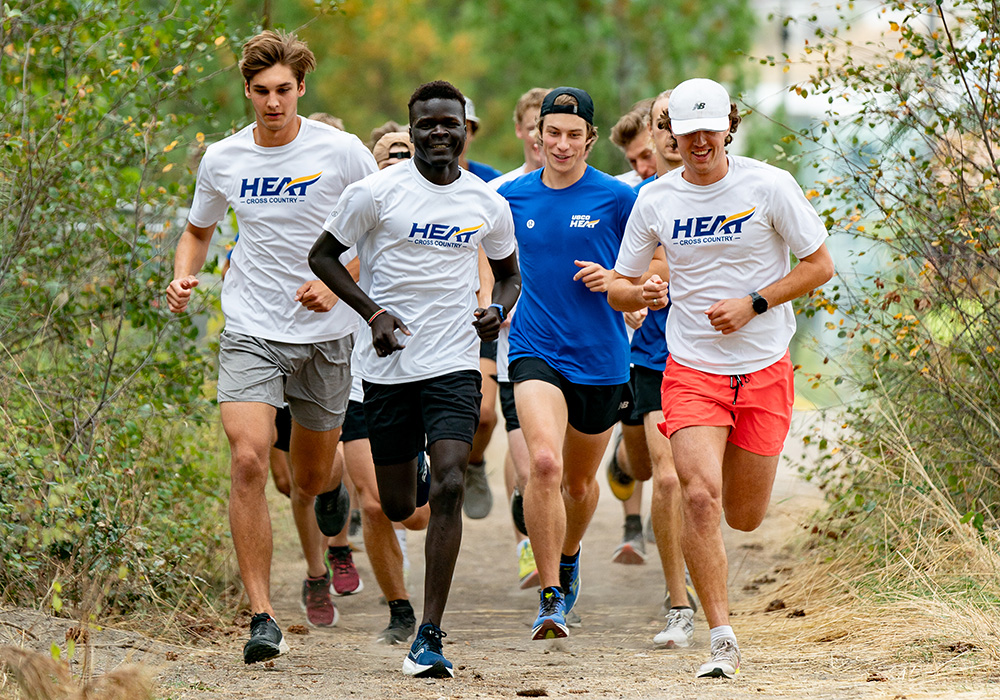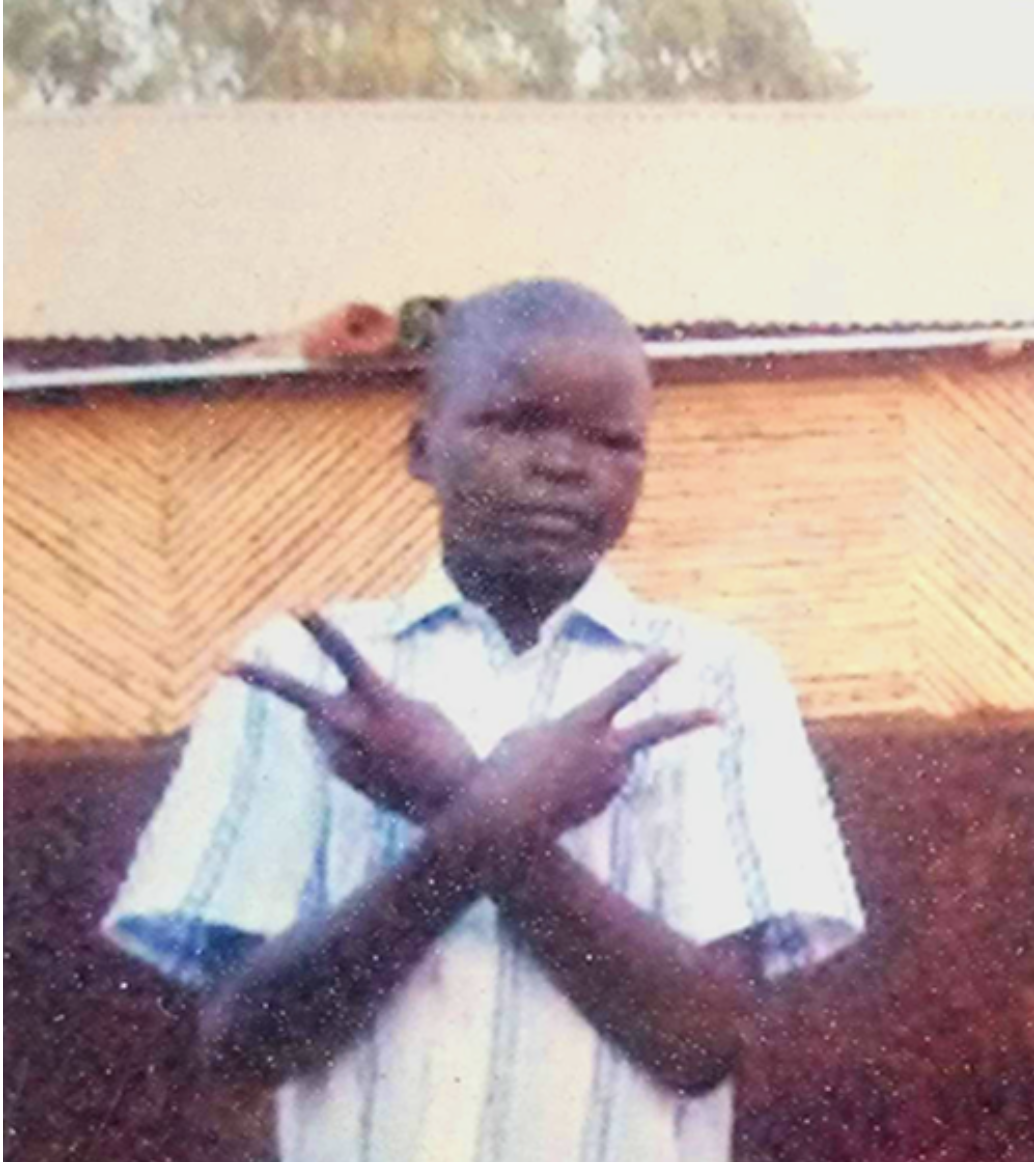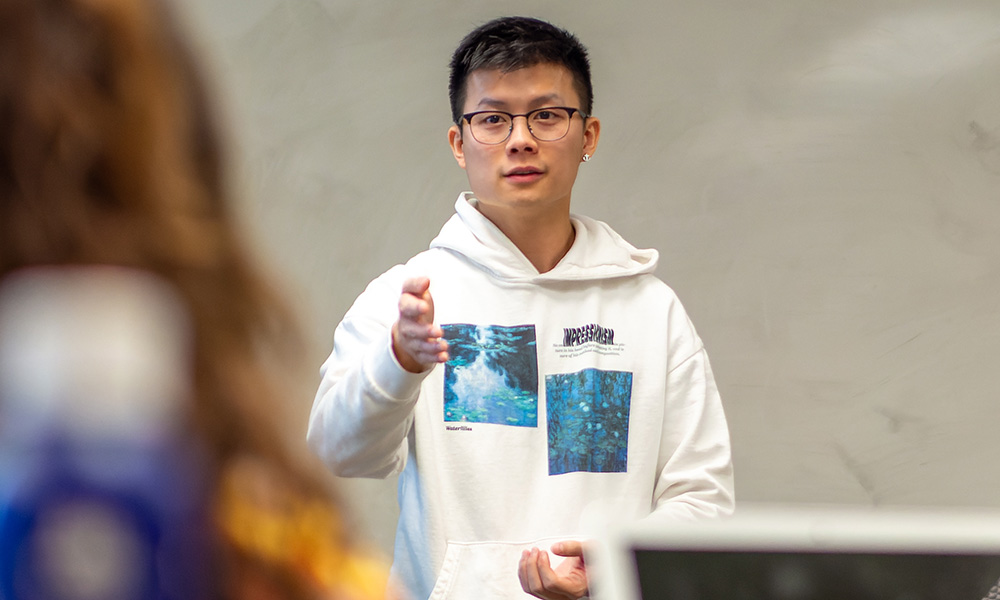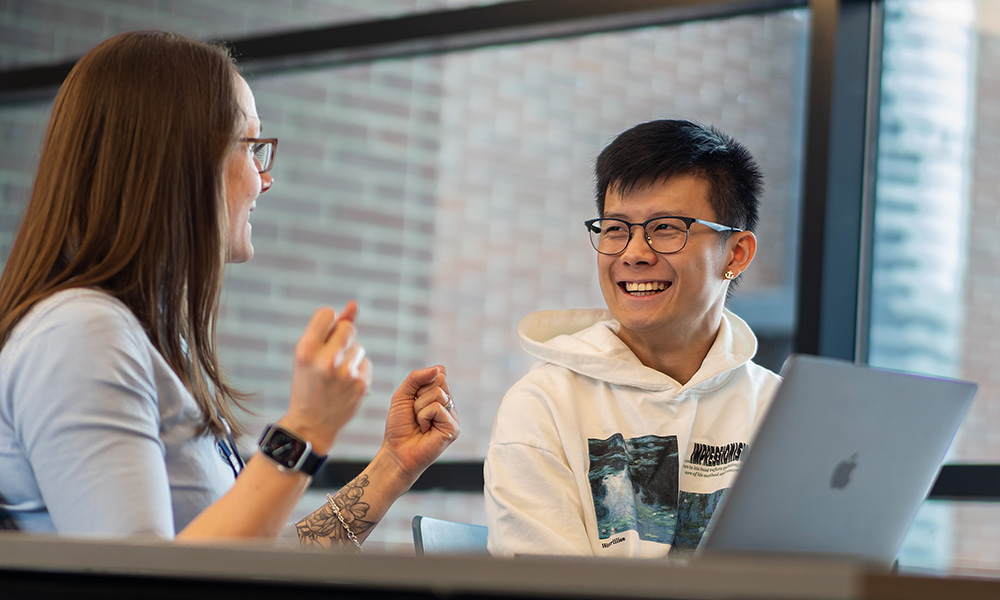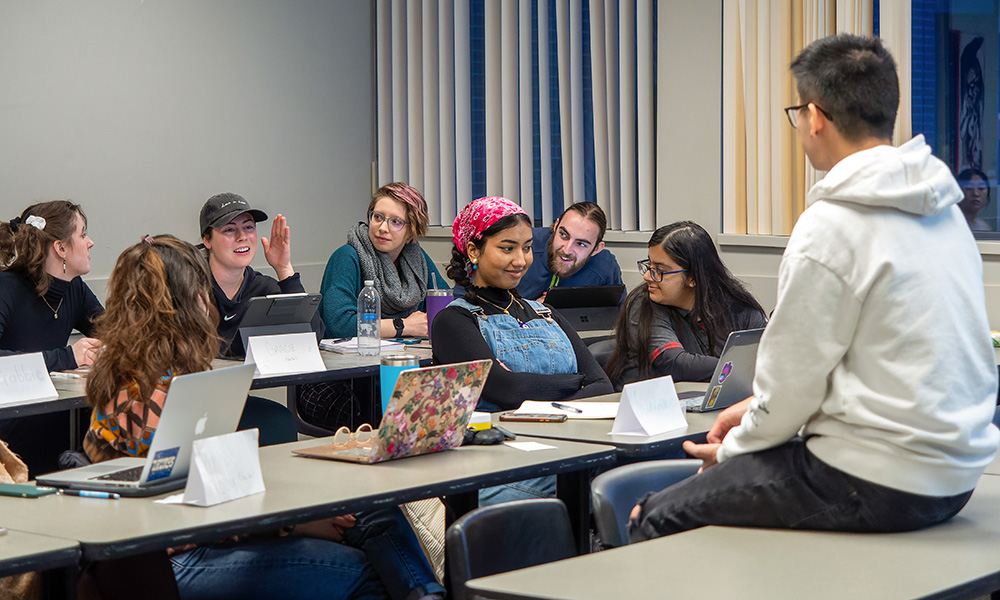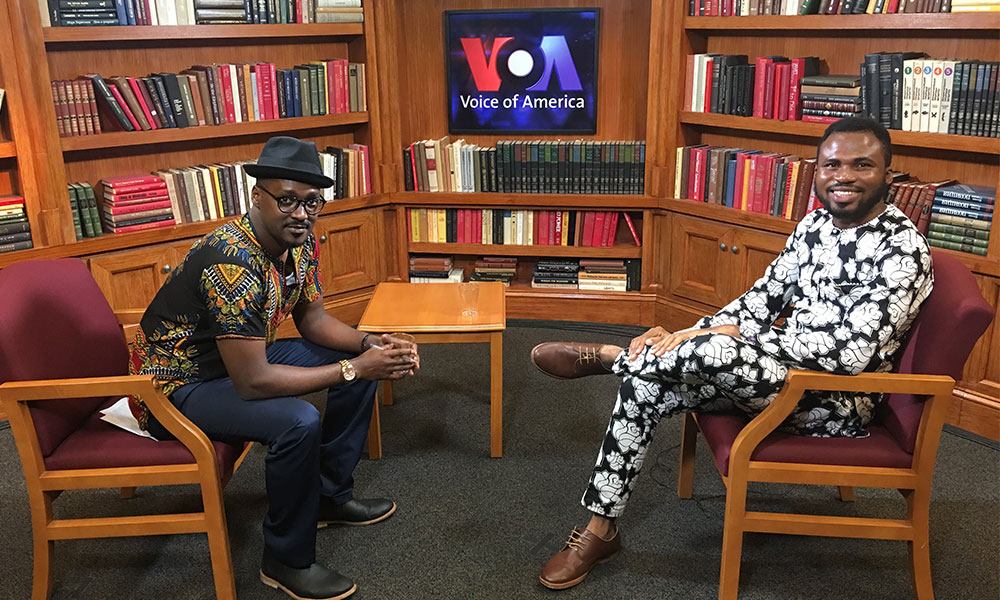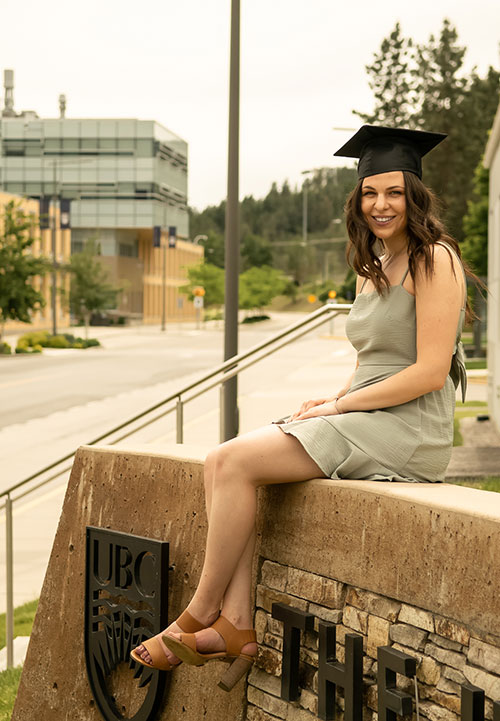“I’M NOW DOING EXACTLY WHAT I WANTED TO DO when I was 18 years old,” says Dr. Jessica Lougheed.
Back in her undergraduate degree, Dr. Lougheed combined her psychology major with a love for literature to explore her favourite genre: coming-of-age stories. This fascination with the idea of transformation—particularly the massive changes in the transition from child to adult throughout the teenage years—led naturally to her research in adolescent development and emotions.
“I think adolescence is one of the most poignant times in our lives as humans,” adds Dr. Lougheed, now an Assistant Professor of Psychology in the Irving K. Barber Faculty of Arts and Social Sciences.
The research in her Emotion Dynamics Lab explores emotional development in many areas, including within important family relationships. In one study, teenagers and their parents use an app to record their daily experiences, moods and interactions with each other. By stepping outside of the traditional lab setting, Dr. Lougheed hopes to learn more nuanced information about what parents and teenagers cope with daily in order to help inform educational family programs about healthy communication.
Her other work involves more fundamental questions about emotions and how people manage or respond to them. “Emotions are notoriously complicated,” says Dr. Lougheed. “There’s just so much variation between individuals.”
To study this variation, she’s measuring three different components: how humans subjectively experience emotion, their facial expressions and the physiological reactions in their bodies, like heart rate or sweating.
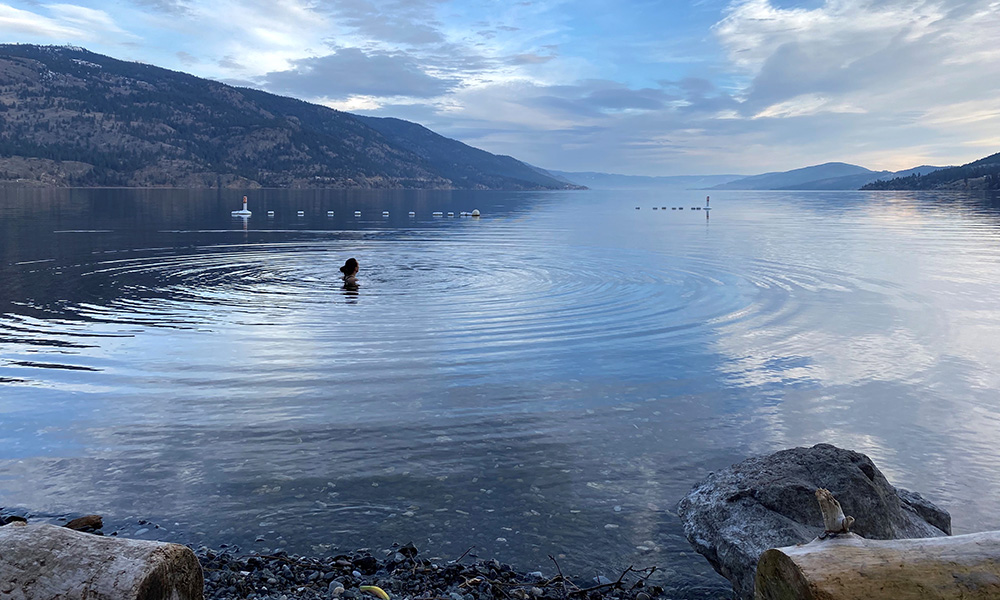
Since coming to UBCO in 2020, Dr. Lougheed enjoys jumping into Okanagan Lake 12 months of the year. She even submerged herself in chilly October for a fundraiser for The Bridge Youth & Family Services.
In the lab, participants sit in comfortable chairs with wearable sensors. Researchers measure their heart rates and the sweatiness of their hands, while new software automatically detects their facial expressions.
Dr. Lougheed notes that some people might have a rapid heartbeat and increased sweating, yet fail to show emotion on their faces. Others can feel incredibly nervous and stressed, but the sensors won’t pick up on any extreme changes for them. She hopes to connect what she learns about how humans experience emotion moment by moment to mental health and other areas.
Not only is Dr. Lougheed interested in emotions intellectually, but she’s also passionate about how better knowledge about emotions can help others.
“Some of us are more aware of our emotions than others and some of us have more colourful emotional worlds than other people, but we all experience emotions,” Dr. Lougheed says. “Through research and teaching, I love to help people understand that more so that we can all better navigate our day-to-day lives.”
Often this real-world impact occurs through teaching, as she walks students through the research-based best practices for supporting people dealing with emotional events. However, Dr. Lougheed has also been reaching out to the community through fundraising for Etcetera, a 2SLGBTQIA+ youth group through The Bridge Youth & Family Services in Kelowna.
As a bisexual woman herself, Dr. Lougheed says this organization’s work has a strong personal connection. “Everything that the Etcetera youth group does is exactly the kind of thing that I wish I could have had access to as a teenager.”
After working at several major American universities, Dr. Lougheed feels more at home at UBC Okanagan, where she appreciates the combination of a world-class institution with a more intimate setting. In particular, she loves seeing the Pride staircase outside the University Centre every morning as she comes to work.
“Being at UBCO has allowed me to blossom and continue that meaningful work in bringing 2SLGBTQIA+ issues into my research and teaching,” says Dr. Lougheed.
“I was very quickly able to feel like I can bring my whole self to work here.”
The post Dr. Jessica Lougheed wants to better understand our emotions appeared first on UBC Okanagan News.

